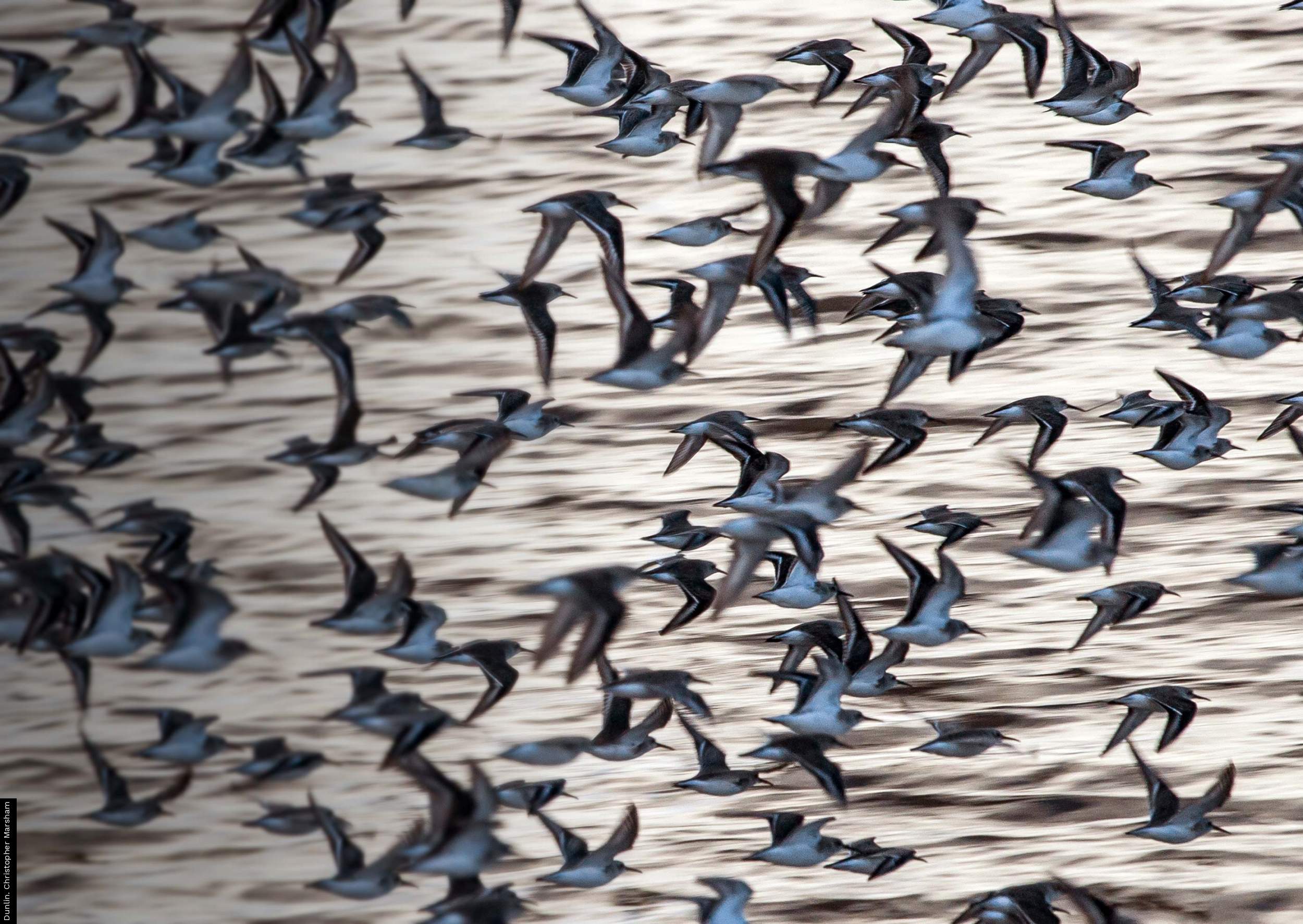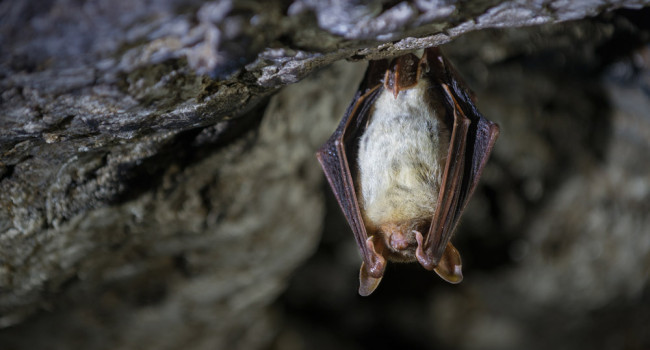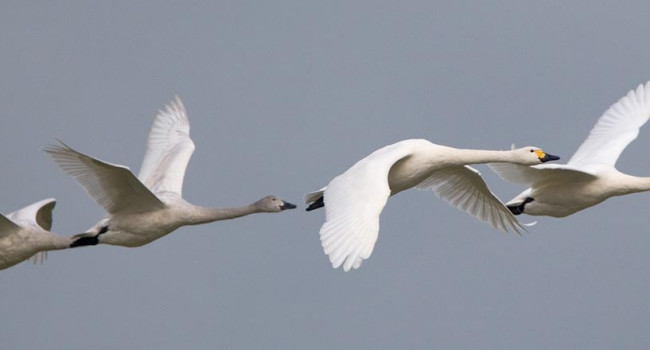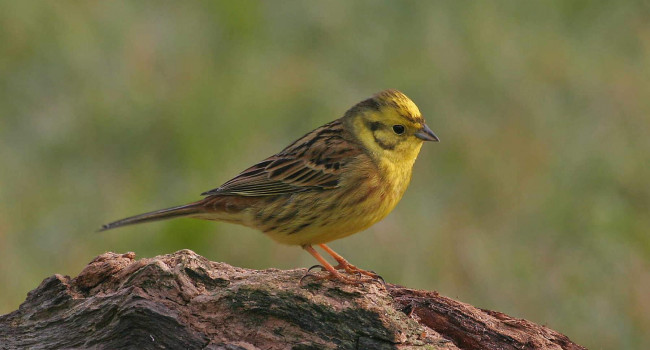Leading scientists call for UK funding body to recognise high impact of conservation research
13 Feb 2019 | No. 2019-07
In a letter to Nature published this week, leading scientists from BirdLife International, Royal Society for the Protection of Birds (RSPB) and British Trust for Ornithology (BTO) suggest that the Natural Environment Research Council (NERC), the Government body that funds biodiversity research in the UK, should direct greater resources to NGOs and charities. The suggestion is based on independent statistics that show these groups are producing science with high societal impact, which they believe should be reflected in the funding model.
The BTO has always undertaken scientific research but nature conservation NGOs, such as the (RSPB) and BirdLife International are increasingly doing so. A way of measuring the significance of their research can be found on the Web of Science, which publishes statistics on how many times published scientific papers are cited by other researchers. According to these figures, BirdLife ranks first in the number of average citations per environment/ecology paper, RSPB fourth and BTO sixth.
Despite this, over the last five years, 0.025% of the £1.86 billion in government funding for environmental research through NERC was granted to the BTO, RSPB and BirdLife. The scientists therefore argue that NERC should reconsider its reviewing system so that more weight can be given to the societal significance of proposed papers rather than simply scientific originality.
Stuart Butchart, Chief Scientist at BirdLife International said, “Given that one of NERC’s strategic aims is to support research with the greatest societal impact, and given the statistics show that papers from the NGOs undertaking this sort of research are cited more highly than those of nearly all UK universities, perhaps a rethink is needed. Establishing directed funding streams for biodiversity conservation research, or giving greater weight to potential relevance for society when deciding which research to fund, would help NERC to meet its aims more effectively. Even a fractional adjustment could substantially strengthen UK research on biodiversity conservation issues, and benefit nature worldwide.”
Andy Clements, Chief Executive at BTO, said “The importance of research undertaken by NGO’s is further emphasised by the value for money it represents. Much of our science is driven by the observations of citizen scientists working in partnership with professional research scientists – a powerful combination for decision-makers and society alike.”
David Gibbons, Head of RSPB’s Centre for Conservation Science, said “It is really encouraging to see that the investment of nature conservation NGOs in science is having such an impact. Yet we must not be complacent as wildlife is still being lost at an unprecedented rate. The UK government could help greatly by ensuring more funding is directed to nature conservation.”
Paul Stancliffe
(Media Manager, BTO)
Office: 01842 750050
(Mon-Thurs 9am to 5.30pm) (Fri 9am to 5pm)
Mobile: 07585 440910 - anytime
Email: press [at] bto.org
Margaret Sessa-Hawkins
(Digital Communications Officer - BirdLife)
Phone: +44(0)1223747577
Email: Margaret.Sessa-Hawkins [at] BirdLife.Org
Images are available for use alongside this News Release. Please contact images [at] bto.org quoting reference 2019-06
The BTO has an ISDN line available for radio interviews. Please contact us to book an interview Office: 01842 750050
Notes for Editors
1. The BTO is the UK's leading bird research organisation. Up to 60,000 birdwatchers contribute to the BTO's surveys. They collect information that forms the basis of conservation action in the UK. The BTO maintains a staff of 100 at its offices in Thetford, Stirling, Bangor (Wales) and Bangor (Northern Ireland), who analyse and publicise the results of project work. The BTO's investigations are funded by government, industry and conservation organisations.
2. BirdLife International is the world’s largest nature conservation Partnership. Together we are 116 BirdLife Partners worldwide – one per country – and growing, with almost 11 million supporters, 7,000 local conservation groups and 7,400 staff. As the official authority for birds for the IUCN Red List, BirdLife coordinates the process of evaluating all of the world’s bird species against the Red List categories and criteria, in order to assess their extinction risk. Find out more at www.birdlife.org.
3. The RSPB is the UK’s largest nature conservation charity, inspiring everyone to give nature a home. Together with our partners, we protect threatened birds and wildlife so our towns, coast and countryside will teem with life once again. We play a leading role in BirdLife International, a worldwide partnership of nature conservation organisations.






Share this page